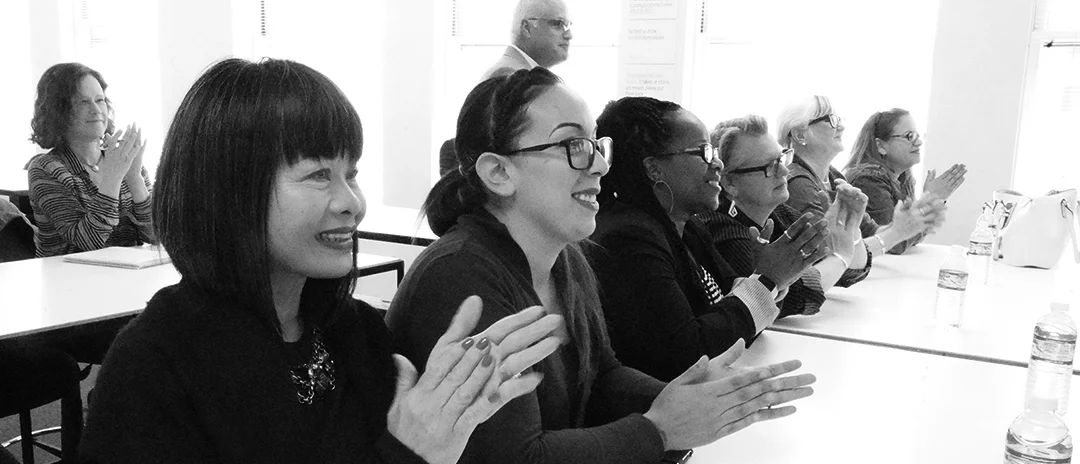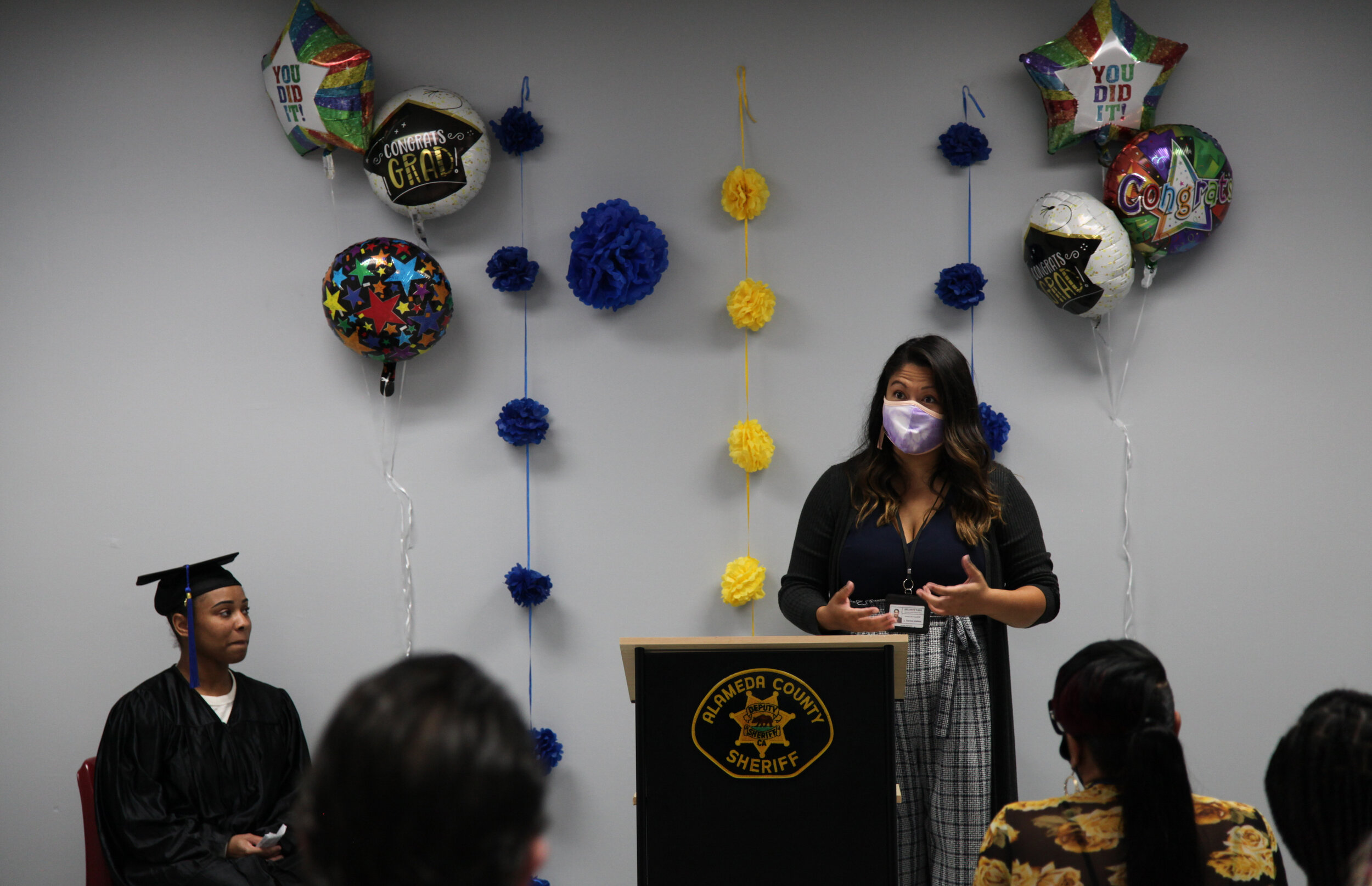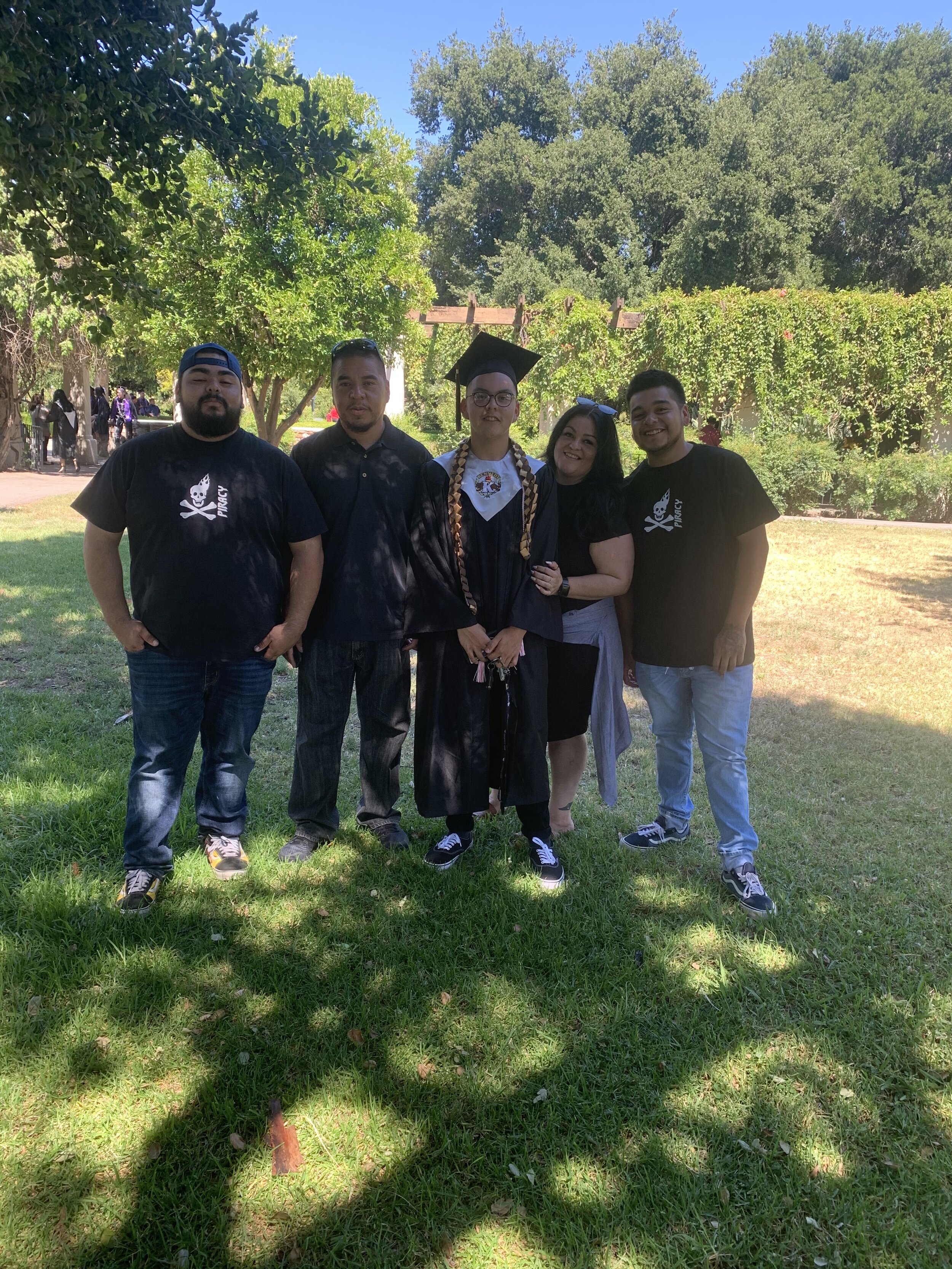For years, Kris Davison served as Director of Academic support for a private school in Santa Rosa, CA. Seeking something new — and a little more socially responsive to racial disparities and opportunities for all people — she switched to prison education, becoming a high school teacher with Five Keys Schools and Programs at the Sonoma County jails.
“I was dissatisfied with what I considered a lack of equity and social justice for struggling and atypical students schoolwide,” says Davison, who launched a search for an educational organization that shared her core values. “I found Five Keys!”
"It’s been over a year since she resigned from her previous position and navigated thetransition, and the prison hallways, determined to find a unique way to help educatepeople in the prison system and put into action her belief that education is a gateway tosocial and economic mobility.
“I get to go to work every day and make a positive difference,” she says. “I get to help each individual I meet, see their personal gifts and areas of needed growth with no judgement. We celebrate successes and work together for improvement.”
What she has found at Five Keys are a group of students highly motivated to surmount obstacles to further their education. During the last year, she has worked with more than 200 incarcerated students who have gaps in their schooling and who may one day be back out in the world.
“I have noticed that most (of the students) in no way lack ability,” she says. “They lack academic confidence, self-efficacy and self-esteem. Like most of us, they have experienced personal failure and disappointment — but in the extreme.
“Part of our responsibility as Five Keys teachers, is to help students create a better future for themselves and their families. We facilitate both hope and the knowledge that as they learn, they can do ‘better,” she says.
Davison says she has witnessed many of her students who have been released from custody make a beeline to continue their education with Five Keys through the community sites. Many have landed jobs.
“They have discovered that they are capable and deserving of a better life,” she says. “To me, that is success!”
Installing hope and a new future
“Through the small successes, our students began to feel what it's like to achieve and embrace their personal strengths, gifts and abilities,” says Davison. “Through this growth, most students begin to have greater self-esteem. As self-esteem increases, they make better choices, they can achieve more, and life is better. Isn't that what we want for each other as human beings?”
To Davison, her life experience as wife, mom of five and grandma of nine is surprisinglyrelevant, teaching in prison. A first-generation college graduate, Davison was also thefirst female in her family to graduate high school. She has a bachelor’s degree in specialeducation and a master’s in education, with a special certification in autism."
During the last five months, the COVID-19 pandemic has made teaching at the jails very challenging because of the quarantine. For one thing, the jails do not offer access to Internet and so unlike traditional high schools, they could not shift their curriculums online.
“We met with the teachers and coordinators at the facilities — everyone we could — to try to brainstorm how are we going to do this when both the teachers are sheltering in place and the students are on lockdown?” she says.
“Covid has changed many things in our world,” she says. “What hasn't changed is our desire at Five Keys to facilitate learning and growth.”
At the jail in Sonoma County, Davison and the teaching team have continued to work with students (albeit with distance). With no access to the Internet, Zoom face-to-face meetings are not an option, but they still communicate “via good old-fashioned letters.”
“We write and send work into the jail for each student regularly,” she says. “Although this type of correspondence takes more time, we are all developing additional life skills. We are learning to communicate more clearly. We are learning patience; we are better understanding the value of human connection. These are unintended consequences of the current challenges and I am so grateful for this opportunity! As we move forward, our hope is to safely begin meeting with students (through visiting glass) until we are again able to meet in person.”
Davison is passionately committed to the crucial role education can play in changing lives for people in jail.
“What has become even more obvious to me while working at Five Keys is that human beings cannot DO better until they KNOW better,” she says. “If a person (through whatever background and circumstances they have come from) has not learned empathy, compassion or strategies and soft skills for life success, they are absolutely not able to fit into societal ‘norms.’’
“We expect that everyone around us has had the rights and privileges that we were afforded; things like a high school education, three meals a day, a supportive home, loving parents, etc.). The numbers do not lie. Many incarcerated students have not completed high school. They lack the basic knowledge or the diploma that will allow them to have meaningful employment. It is no wonder that the loss of hope has pushed them to a different path, one of self-destruction,” she adds.
At Five Keys, she says she and other teachers and staff are committed to helping each student they serve see their own greatness.
“We work to help them become reflective practitioners and scholars,” she says.
Statistics underscore the importance of what Davison and Five Keys are doing. Getting a high school degree reduces a person’s likelihood of re-incarceration by 43 percent, according to a report by the RAND Corporation
Davison says she has been humbled and is extremely grateful to have the opportunity to teach her students.
“Being a teacher and a member of the Five Keys community has changed me and helped me to grow,” she says. “I, like many, was a bit apprehensive about teaching at an in-custody facility. Worries of safety were forcibly expressed by family members and friends.
“What has happened though, is that I have learned so much through this opportunity. I have developed even more empathy for my students. My passion for social justice has only increased. Yes, I work with accused ‘criminals.’ I teach murderers, rapists, thieves, etc., and they know me by name and ask me for help. They allow me to see them and be a part of their lives at their lowest and perhaps most vulnerable. I don't live in fear, I live in gratitude for this opportunity,” she says.
Lessons learned on the frontlines: “My vocation is to facilitate learning; I am no longer burdened to judge.”
















